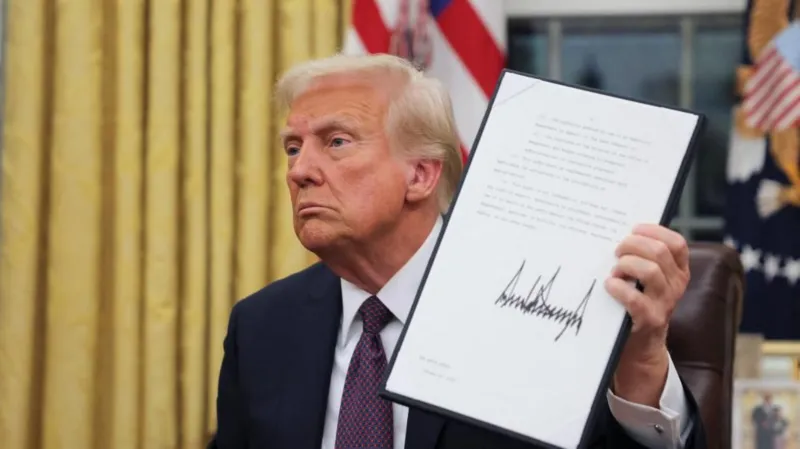A surprising fall in inflation has sparked renewed optimism for potential interest rate reductions, boosting market sentiment and providing relief to households and businesses burdened by rising costs. Recent data released by the national statistics agency indicates that inflation, which had been stubbornly high, eased more than analysts anticipated in the last quarter. This unexpected development has set the stage for potential monetary policy adjustments aimed at stimulating economic activity.
The latest figures show that inflation dropped to X% in December, down from Y% in November, marking the lowest level in over a year. Analysts attribute the decline to several factors, including lower energy prices, easing supply chain pressures, and reduced consumer demand in certain sectors. Core inflation, which excludes volatile food and energy prices, also showed signs of moderation, further fueling expectations of a pivot in central bank policy.
For months, central banks worldwide have aggressively raised interest rates to combat surging inflation, which reached multi-decade highs in many economies. These rate hikes, while necessary to curb inflation, have raised borrowing costs, slowed economic growth, and heightened the risk of a recession. However, with inflationary pressures easing, policymakers now have greater flexibility to consider rate cuts as a tool to support economic recovery.
Market reactions to the inflation data have been swift. Equity markets rallied, with investors welcoming the prospect of lower interest rates that could make borrowing cheaper and boost corporate profitability. Bond markets also reflected optimism, as yields fell in anticipation of less aggressive monetary tightening in the months ahead.
Economists are now speculating about the central bank’s next moves. Many predict that the bank will pause its rate hikes in the coming months, and some even suggest that rate cuts could be on the horizon by mid-year if inflation continues its downward trend. A senior economist at XYZ Financial Group stated, “This is a pivotal moment. If inflation sustains this trajectory, central banks could shift from focusing on inflation containment to fostering economic growth.”
Despite the optimism, some experts urge caution. They warn that inflation remains above the central bank’s target range and that premature easing could risk reigniting price pressures. Global uncertainties, such as geopolitical tensions and volatile commodity prices, also pose challenges to a smooth economic recovery.
For households and businesses, the prospect of lower interest rates is a welcome development. It offers the promise of reduced mortgage payments, more affordable loans, and improved financial stability. However, the path to rate cuts will depend on sustained progress in curbing inflation and ensuring economic resilience.
As central banks weigh their options, the unexpected decline in inflation has undeniably shifted the narrative, providing a glimmer of hope for a more favorable economic outlook in 2025.




















